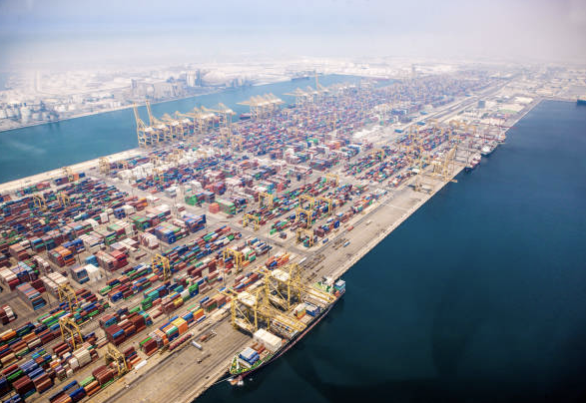
Posted on Friday, November 1, 2024
Importing roll forming machines into the United Arab Emirates (UAE) involves several key steps to ensure compliance with local regulations and successful integration into your operations. Here's a comprehensive guide to assist you through the process:
1. Understand UAE Import Regulations:
2. Select a Reliable Supplier:
3. Shipping and Logistics:
4. Customs Clearance:
5. Installation and Commissioning:
6. After-Sales Support:
7. Compliance with Local Standards:
8. Financial Considerations:
9. Legal and Contractual Aspects:
10. Market Research and Networking: - Industry Associations: Join local industry associations to stay informed about market trends and regulatory changes. - Trade Shows: Attend trade shows and exhibitions in the UAE to network with industry professionals and discover new technologies.
By meticulously following these steps, you can facilitate a smooth importation process for roll forming machines into the UAE, ensuring compliance with local regulations and successful integration into your operations.

Used Purlin Roll Forming Machines for Sale Worldwide
Posted on Sunday, January 25, 2026
Pre-Owned Roll Forming Machines for Purlin & Structural Steel Profiles

Used Roof Panel Roll Forming Machines for Sale Worldwide
Posted on Sunday, January 25, 2026
Pre-Owned Roll Forming Machines for Roofing Panel Production

Used Roll Forming Machines for Sale Worldwide
Posted on Tuesday, January 20, 2026
Pre-Owned Roll Forming Machines with Inspection, Verification & Global Support

Steel Coil Supply for Roll Forming Machines Worldwide
Posted on Tuesday, January 20, 2026
Reliable Steel Coil Supply for Roll Forming, Fabrication & Manufacturing Applications
Copyright 2026 © Machine Matcher.